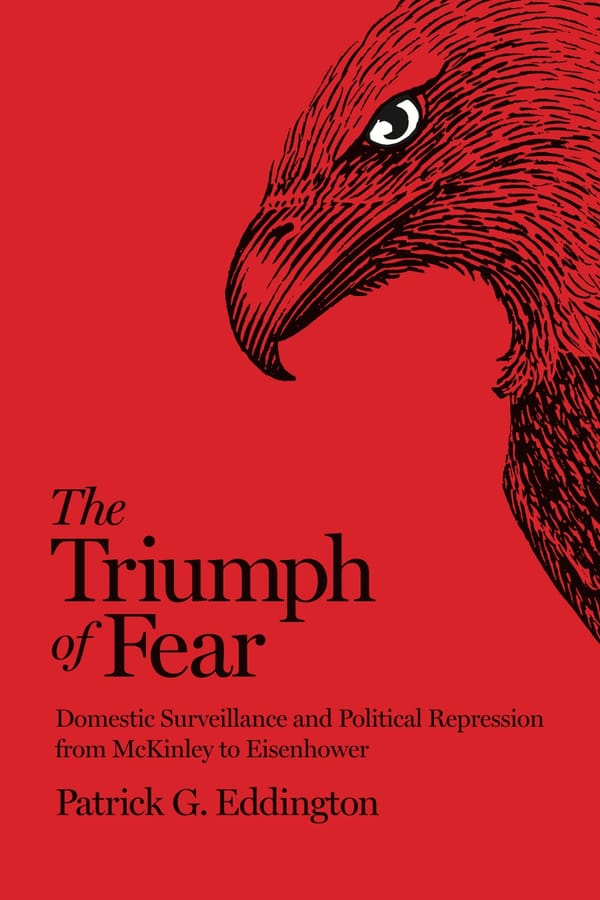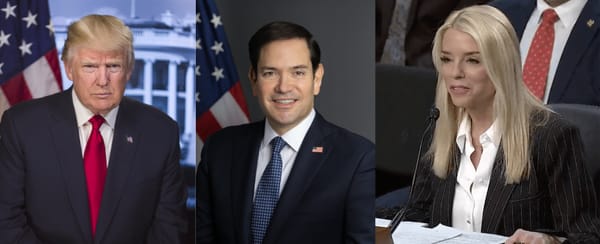On Encryption: An Open Letter to America’s Law Enforcement Professionals
Over 30 years ago, several of my high school classmates joined the ranks of Missouri’s local and state law enforcement organizations. Two…
Over 30 years ago, several of my high school classmates joined the ranks of Missouri’s local and state law enforcement organizations. Two of those classmates were some of my dearest friends, and both are still Missouri State Highway patrolmen. Not a day goes by when I don’t think about them and the risk they take every time they stop a wayward motorist. I know the ever-present anxiety their family members feel, wondering if the next call they get will be the one they never wanted to get.
I also understand the constant pressure the public, politicians, and the press put on police to “get the bad guy.” It’s that pressure that led FBI Director James Comey and Attorney General Loretta Lynch to wage a campaign of legal brinksmanship against Apple and to pay a tidy sum to a private company to break into the iPhone 5c of ISIS-inspired San Bernardino shooter Syed Farook. And in the age of the smartphone, it’s that myopic focus on getting one particular suspect or small group of suspects that has fueled the new Cryptowar.
The basic law enforcement argument — that no information should be beyond the reach of investigators — sounds compelling at first hearing. An encryption “back door” in every mobile device would, the reasoning goes, facilitate the resolution of outstanding cases involving locked mobile devices. But what about the iPhones, iPads, and iPod Touches in the hands of those same police officers and their family members? Their devices would be just as vulnerable to malicious hackers as mine would be if those advocating mandatory software and hardware “back doors” get their way.
Accordingly, my question for those in the law enforcement community is a simple one: do you want to live in a world where an El Chapo-type character can pay hackers to get into your phone or those of your family members? Do you really want to take that risk with your own life or those dearest to you? Do you want to take that risk with your partner, your immediate colleagues, or colleagues around the country?
As every law enforcement officer knows, murder-for-hire schemes against police are real. Encryption “back doors” would magnify that risk to every cop or family member thereof — not to mention making all of us more vulnerable to a range of cybercrimes.
I completely understand the frustration police investigators feel when confronted by a suspect’s locked smartphone or tablet. In some situations, it may very well mean that it takes longer to get inside the phone, as in the San Bernardino shooting case. In some cases, investigators may never get inside the device. The reality is that roughly one in three murders in this country go unsolved, which has been the case for decades, including during the rise of the use of encryption by the public. Eviscerating encryption will not solve that problem, but instead compound it by making all of us — including America’s law enforcement professionals and their family members — more vulnerable to criminals. Mandating mobile device “back doors” is a risk society simply cannot afford to take.





